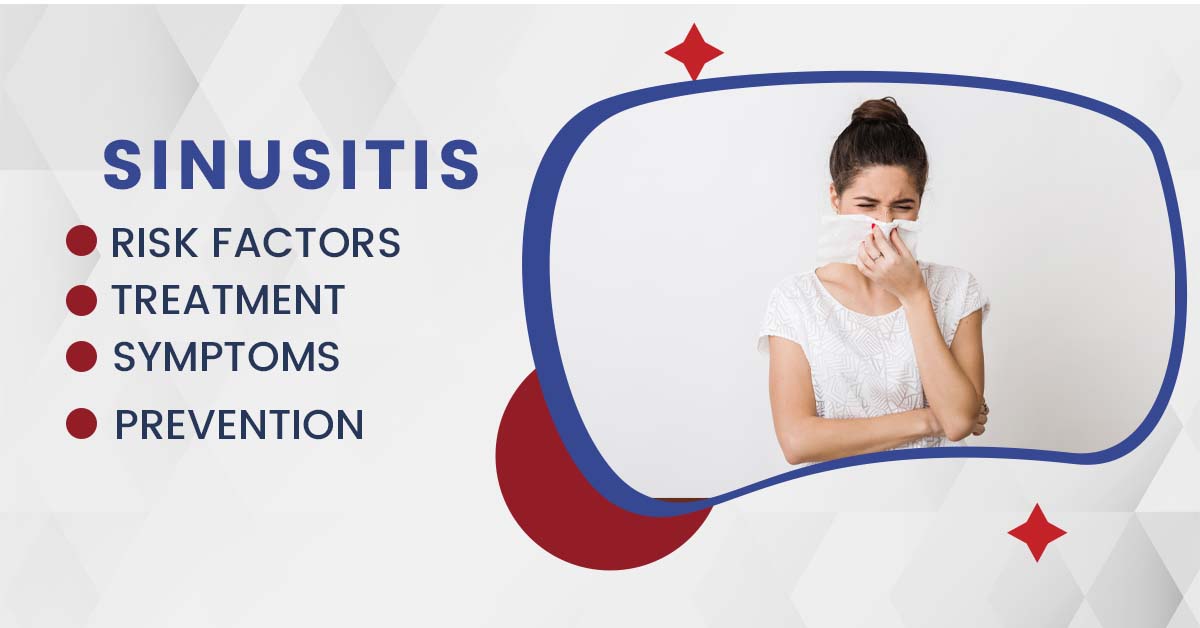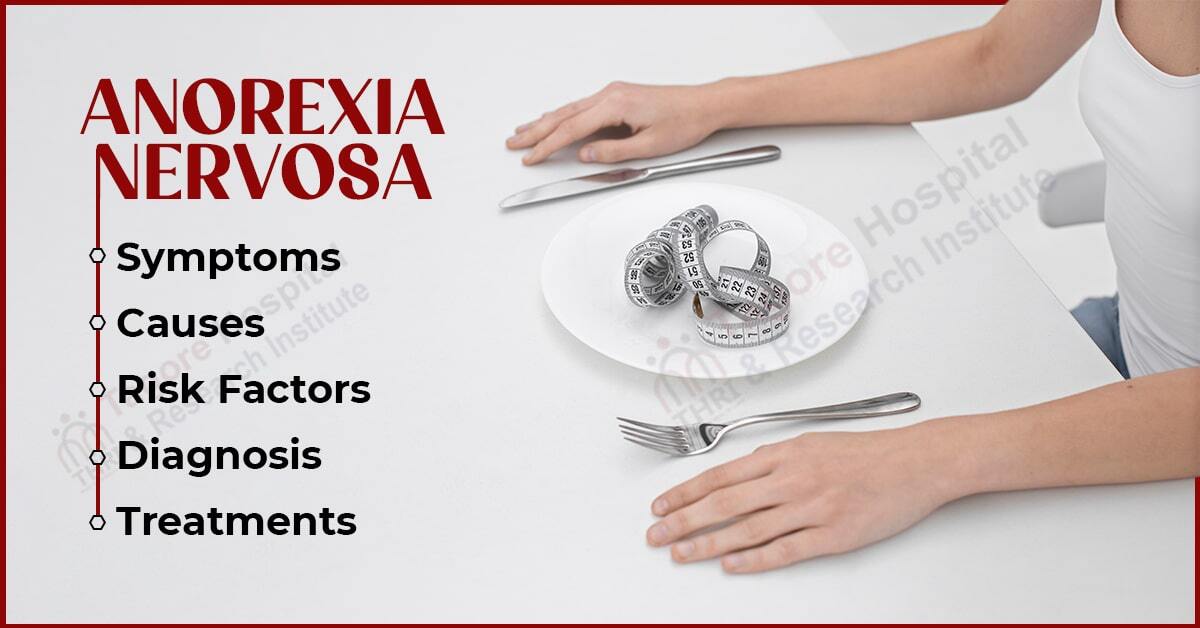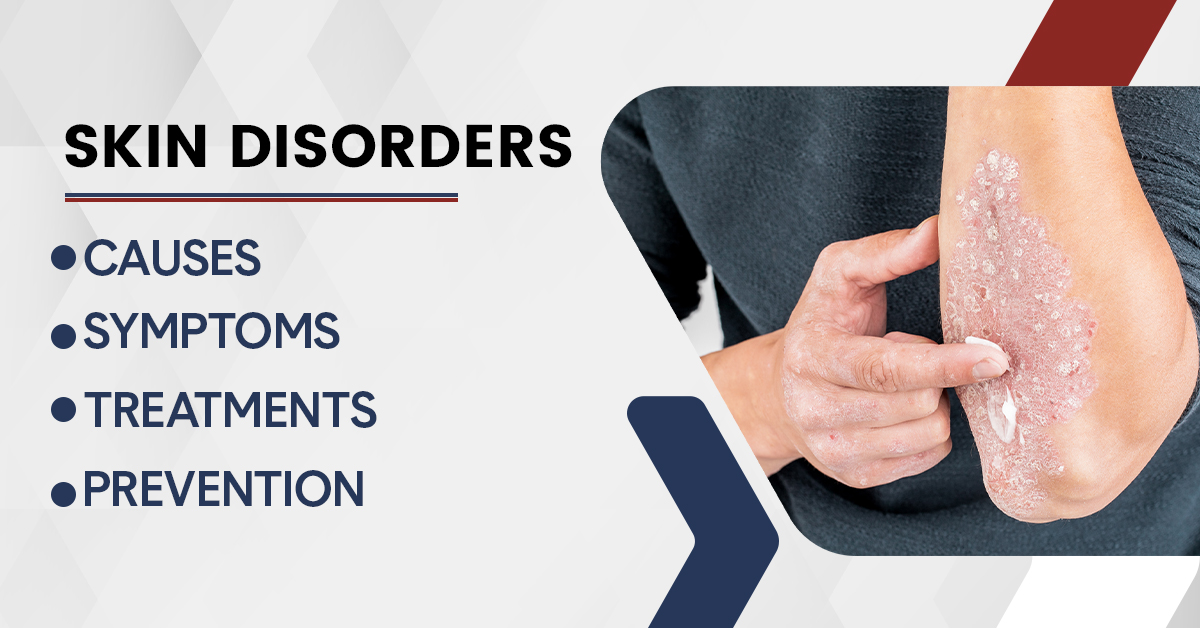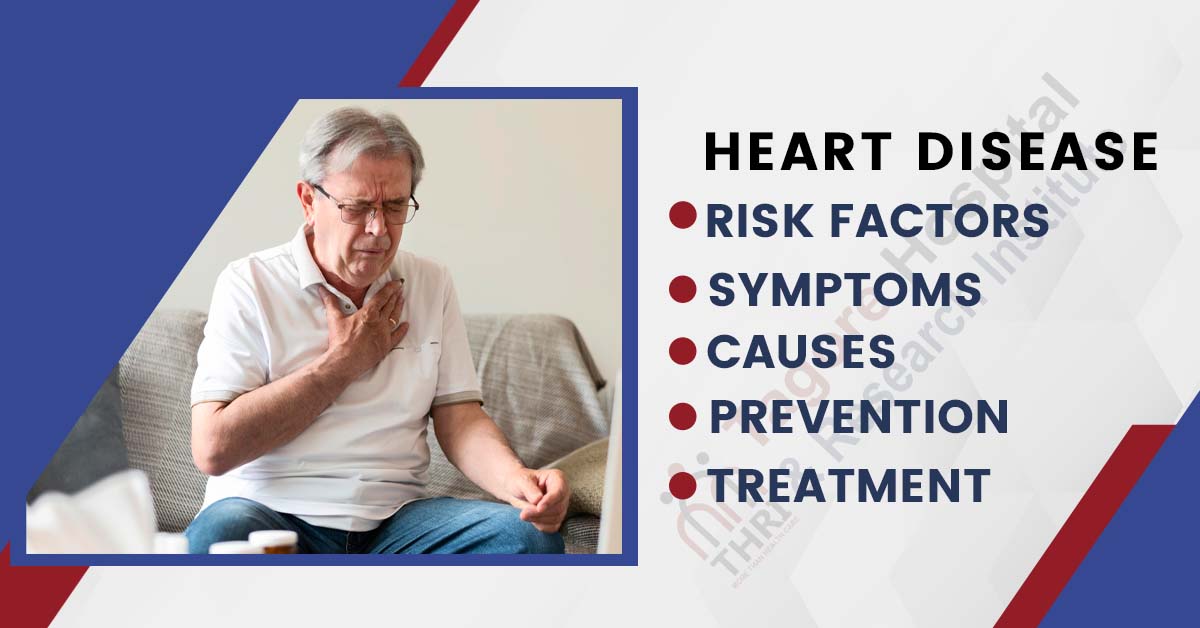- By THRI admin
- Posted August 23, 2022
Usually defined as inflammation of the paranasal sinuses, sinusitis is a common condition. As a result of sinus cavities producing mucus, nasal passages are able to function properly.
The condition of sinusitis can be acute or chronic. Inflammation of the sinuses can be caused by viruses, bacteria, fungi, allergies, or an autoimmune reaction.
Sinusitis usually resolves without medical intervention, despite being uncomfortable and painful. The patient should, however, consult their doctor if the symptoms persist or are severe.
What is Sinusitis?
Sinuses are hollow spaces in the body. Among the many types of sinuses, sinusitis affects the paranasal sinuses and the spaces behind the face that lead into the nasal cavity.
Sinuses are lined with the same tissue as the nose. During a sinus infection, a slimy secretion called mucus is produced. Nasal mucus traps germs and dirt particles and keeps nasal passages moist.
Sinusitis is an inflammatory condition caused by mucus buildup and irritation of the sinuses. Due to the close connection between sinusitis and rhinitis, sinusitis is often referred to as rhinosinusitis.
Types of Sinusitis:
Acute Sinusitis: It is considered acute sinusitis when sinusitis lasts less than four weeks. There is a high probability that most cases will begin with a common cold. A bacterial infection can develop in some people within a week to 10 days after the symptoms appear.
Chronic Sinusitis: An individual with chronic sinusitis, also known as chronic rhinosinusitis, may be diagnosed when symptoms have persisted for a period of more than 12 weeks despite medical treatment.
Chronic sinusitis is more common in people with allergic rhinitis or asthma. It is due to the fact that allergic rhinitis or asthma can lead to inflammation of the airways. Besides infections, fungi, deviated septums, nasal polyps, or an inadequate immune system, sinusitis can be caused by other factors as well.
Symptoms of Sinusitis:
The severity and the duration of symptoms vary depending on the condition.
The symptoms of sinusitis include:
Nose discharge, which might be green or yellow
Mucus runs down the back of the throat as a result of a postnasal drip
Sore throat
Cough
Bad breath
● Fever
● Toothache
● Facial pain or pressure
● Runny or blocked nose
● Headaches
● The ability to smell and taste is reduced
● There is swelling and tenderness around the eyes, nose, cheeks, and forehead.
Acute Sinusitis Symptoms
- Facial pain or pressure
- Blocked nose
- Runny nose
- Fever
- Bad breath
- Loss of smell
- Cough or congestion
- Fatigue
- Dental pain
Symptoms such as thick, green, or yellow nasal discharge may indicate acute sinusitis.
Chronic Sinusitis Symptoms:
Chronic sinusitis symptoms shows for up to 12 weeks:
- Having a feeling of congestion in your face or a feeling of fullness
- An obstruction in the nasal passages or a nasal blockage
- Inflammation of the nasal cavity due to pus
- Fever
- Runny nose or discolored postnasal drainage
A headache, bad breath, and toothache may also occur. It is possible that you feel tired a lot. These symptoms might be brought on by a wide variety of factors. To determine whether you have sinusitis, see your doctor.
Causes of Sinusitis:
Some common causes of sinusitis include:
- Nasal polyps. The nasal passages and sinuses can be blocked by these growths of tissue.
- Deviated nasal septum. Symptoms of sinusitis can be worsened by a crooked septum, the wall between the nostrils.
- Other medical conditions. Several immune system-related diseases can cause nasal blockage, including cystic fibrosis and HIV.
- Respiratory tract infections. Inflammation and thickening of your sinus membranes can occur as a result of respiratory infections, most commonly colds. Bacteria and viruses are both capable of causing these infections.
- Allergies such as hay fever. Allergies cause inflammation in the sinuses, which can block them.
- Autonomic imbalance. Disturbances of emotions, stress, temperature changes, changes in humidity.
- Hormones. Your body may experience changes during this phase, if your hormones are changing, such as during pregnancy, puberty, and hypothyroidism.
- Smoking. Smoking can also cause sinusitis. So, it is better to quit it.
Risk factors of Sinusitis:
Here are some risk factors that may increase a person’s risk of developing sinusitis:
- Infections of the respiratory tract, such as colds, in the past
- Symptoms of nasal polyps include obstruction and inflammation of the nasal passages
- Seasonal allergies
- Insensitivity to dust, pollen, or animal hair
- An illness or medication that weakens the immune system
- Being deviated from the septum
- Besides dividing the nose into two nostrils, the septum is made up of bone and cartilage. The risk of sinusitis increases when this becomes bent to one side, either through injury or growth.
Diagnosis of Sinusitis:
If you have symptoms, your doctor may ask about them. In addition to feeling for tenderness on the inside of your nose, he or she will examine the inside of your nose as well. Physical examinations usually enable your doctor to make a diagnosis.
The following methods can also be used to diagnose sinusitis and rule out other conditions:
- Nasal endoscopy. Using an endoscope, your doctor can look inside your sinuses with a fiber-optic light inserted through your nose.
- Imaging studies. During a CT scan, your sinuses and nasal area are shown in detail. Imaging studies may be useful in finding abnormalities or suspected complications in uncomplicated acute sinusitis.
- Nasal and sinus samples. The diagnosis of acute sinusitis does not usually require laboratory tests. You might need tissue samples from your nose or sinuses (cultures) if the condition fails to respond to treatment or is getting worse.
- Allergy testing. It is likely that your doctor will recommend an allergy skin test if he or she suspects allergies are the cause of your acute sinusitis. You can find out what allergy is causing your nasal flare-ups by using a skin test, which is quick and safe.
Sinusitis Prevention:
Changing aspects of one's lifestyle can prevent recurrent sinus infections in some people. Here are some tips for minimizing your sinus infection risk:
- You have to wash your hands frequently.
- Make sure your nose stays moist with nasal saline sprays (use them carefully and follow their directions)
- Take OTC or prescribed medications to control your allergies
- Build an allergen-free home
- Smoke and pollution can irritate the nasal passages, so you have to avoid that.
In many cases, healthy lifestyles, staying away from allergies, and promoting healthy nasal passages are not enough to prevent sinus infections. It is impossible to prevent sinus infections entirely for some people, no matter what preventative measures they take. Sinus Solutions of South Florida, however, offers innovative balloon sinuplasty treatments for those who cannot prevent sinus infections with traditional methods.
Sinusitis Complications:
- Local complications included osteomyelitis, facial abscesses, mucocele, and facial cellulitis.
- Inflammatory edema, orbital cellulitis, subperiosteal abscesses, orbital abscesses, and cavernous sinus thrombosis were the five categories used to categorize the problems of the orbit.
- Meningitis, brain abscesses (such as epidural and subdural), intracerebral abscesses, and Dural sinus thrombosis were the several types of intracranial complications (IC) (e.g., cavernous sinus and superior sagittal sinus)
Although they are uncommon, severe chronic sinusitis consequences can include:
- Vision problems. Your eyesight may be affected or you may become permanently blind if the sinus infection spreads to your eye socket.
- Infections. Rarely, persons with chronic sinusitis may also develop significant skin infections, infections of the bones, or inflammation of the membranes and fluid surrounding the brain and spinal cord (meningitis).
Treatment for Sinusitis:
There are numerous options for treating chronic sinusitis. Some can be done at home and provide momentary relief. Others will assist in treating the primary reason behind your sinusitis.
Medications and specialist treatment:
Painkillers sold over-the-counter (OTC) can aid with headache discomfort and swelling-related pressure. These include acetaminophen and ibuprofen (Advil) (Tylenol). Corticosteroid nasal sprays are another method for treating inflammation.
Fluticasone (Flonase Allergy Relief) and mometasone are two OTC sprays (Nasonex). Nasal sprays can also aid in the reduction of nasal polyps. If they're obstructing your nasal passages, this will aid in your ability to breathe.
If an infection is the root of your sinusitis, your doctor may advise taking an antibiotic to treat it and lessen some of your symptoms. While significant infections that result in sinusitis are less likely to produce chronic sinusitis, they may still need to be treated with antibiotics to avoid further complications.
Your doctor could suggest seeing an allergist if allergies are the root of your persistent sinusitis. Testing can be done by an allergist to determine what you are allergic to. They can then administer regular allergy shots to help your body gradually develop an immunity to those allergens.
Although the effects of allergy shots may not be felt for several years after starting the course of therapy, they can significantly lessen allergy symptoms over time.
Home remedies:
To lubricate your nasal passages, use a saline solution comprised of water and salt. This facilitates easier mucus drainage. Additionally, this remedy can reduce edoema. To facilitate mucus drainage and lessen irritation, inhale steam from hot water or make use of a humidifier.
Surgery:
In rare instances, if home remedies and drugs don't work, your doctor might suggest surgery. Chronic sinusitis surgery possibilities include:
In order to determine whether polyps, mucus, or other tissue are obstructing your sinuses, your doctor will do endoscopic sinus surgery. The blockage may then be removed by your doctor. In some circumstances, your doctor might widen your sinuses to improve your ability to breathe.
Surgery to straighten or expand a deviated septum (septoplasty) or nose (rhinoplasty) involves your doctor reshaping the tissue in your nose or the wall between your nostrils. You may find it easier to breathe now via both nostrils.
Tags





